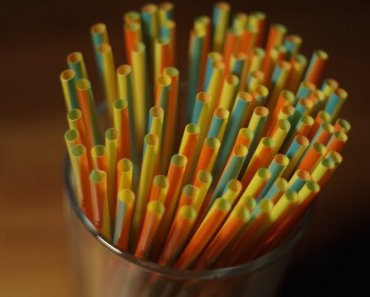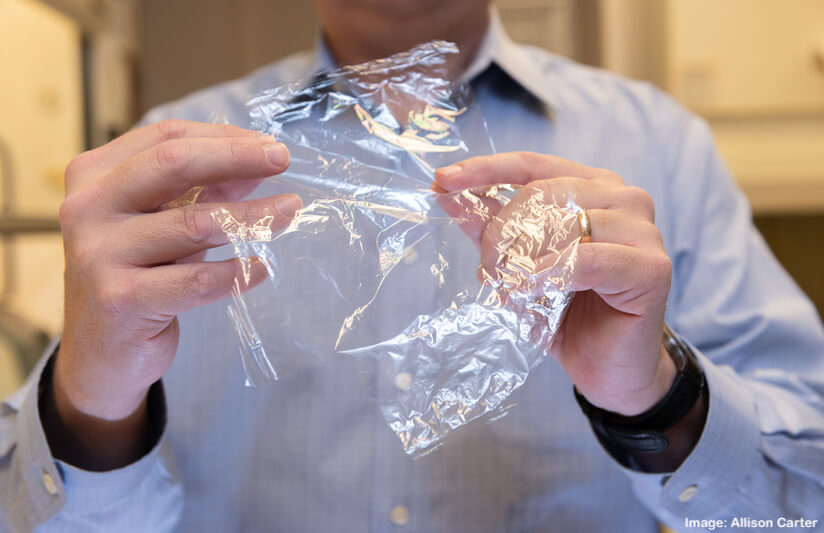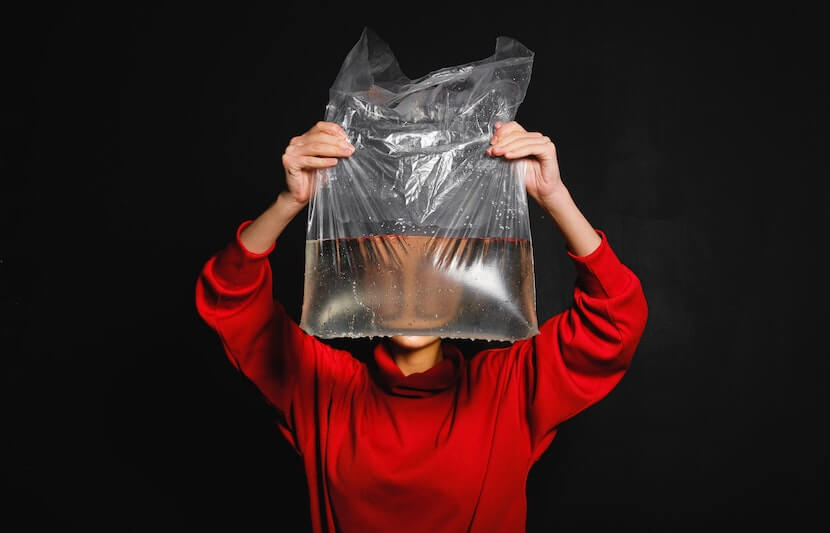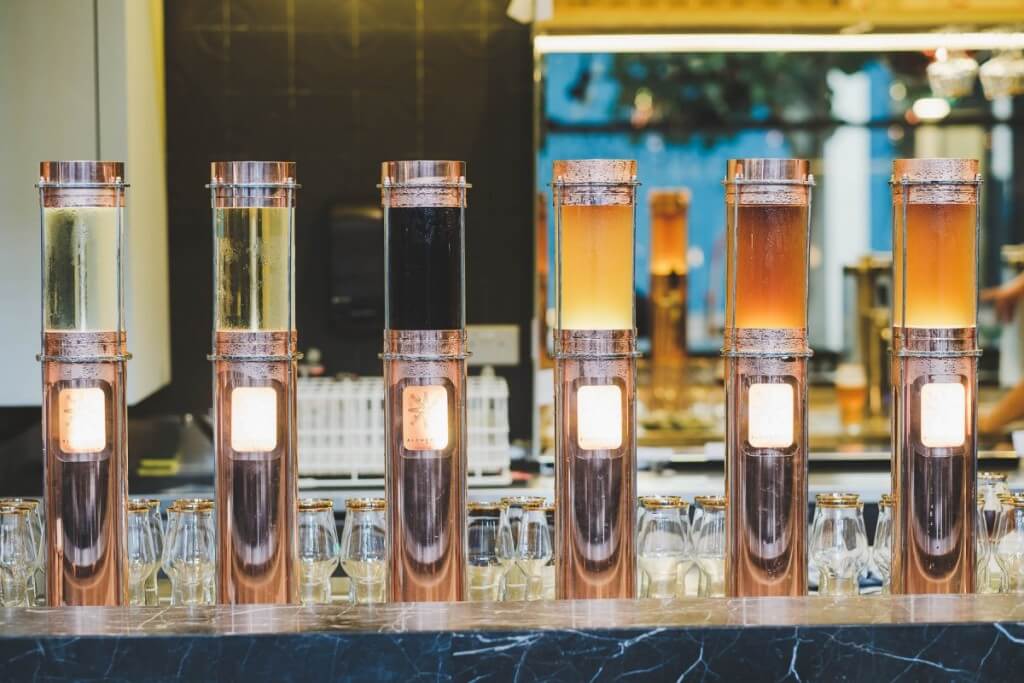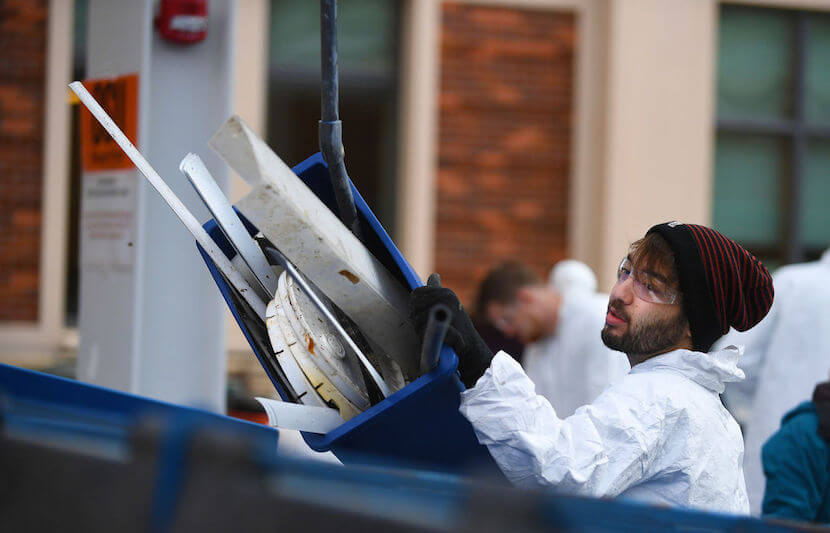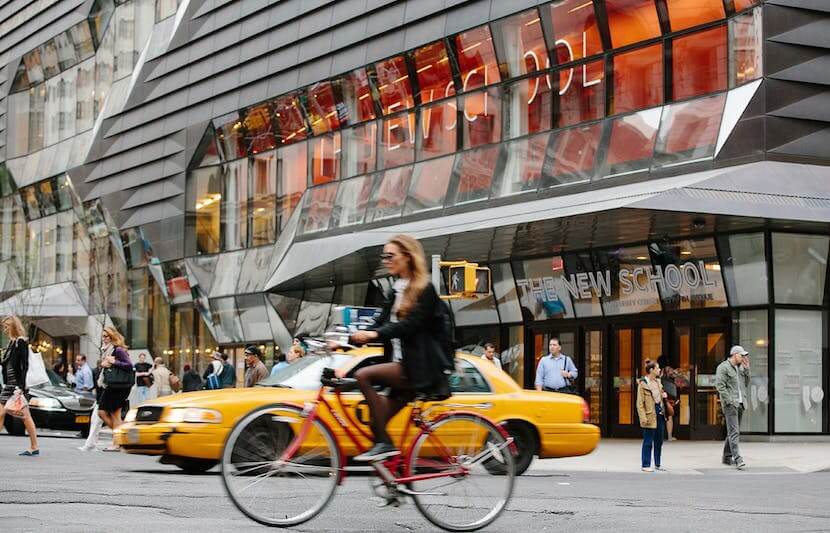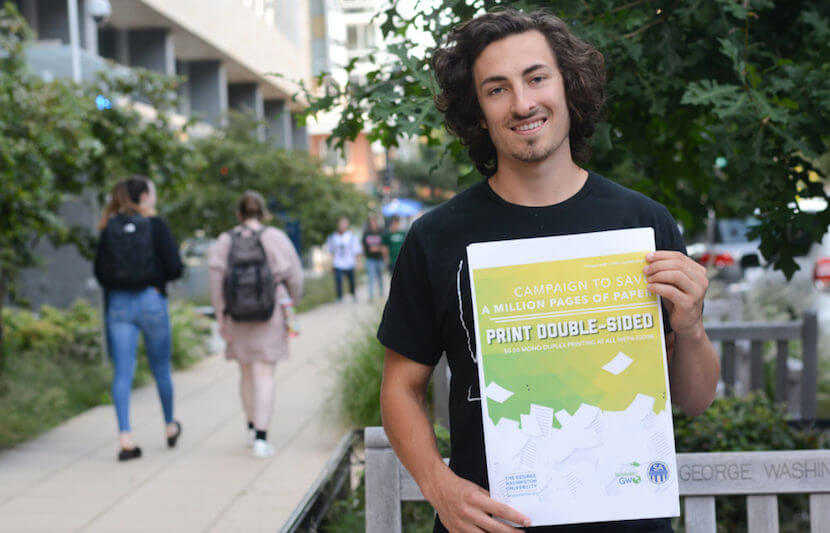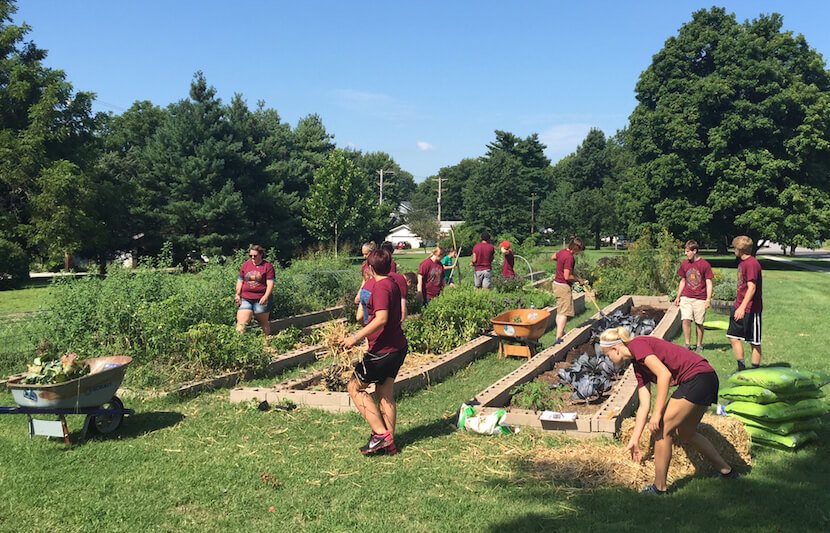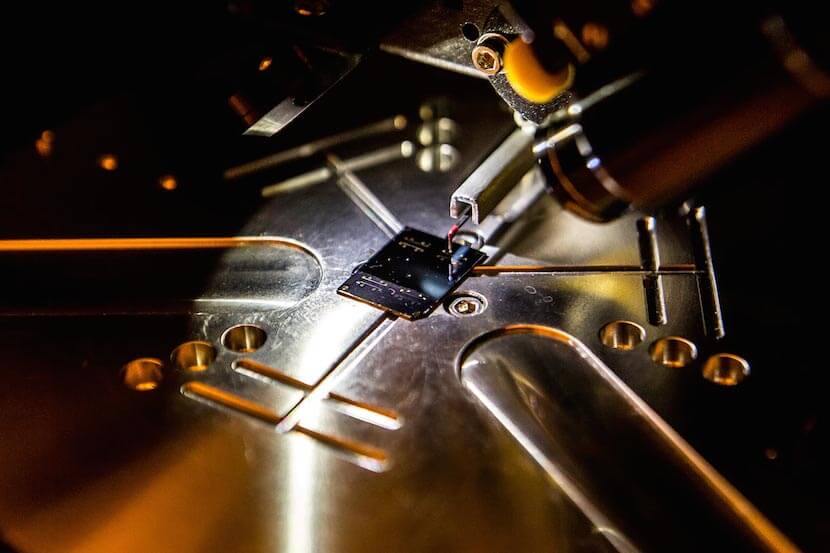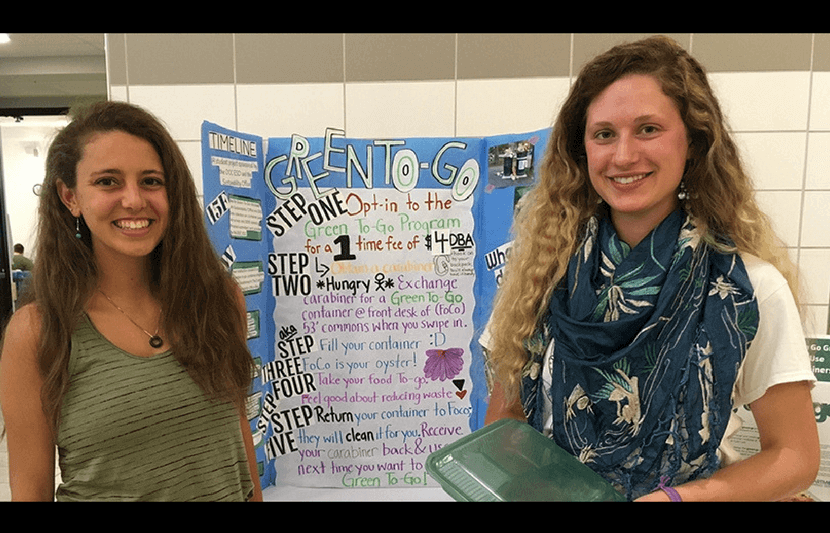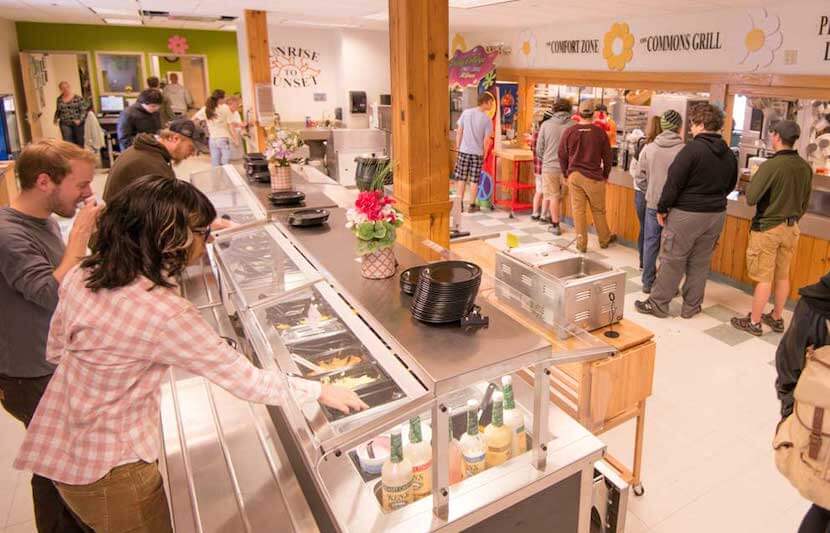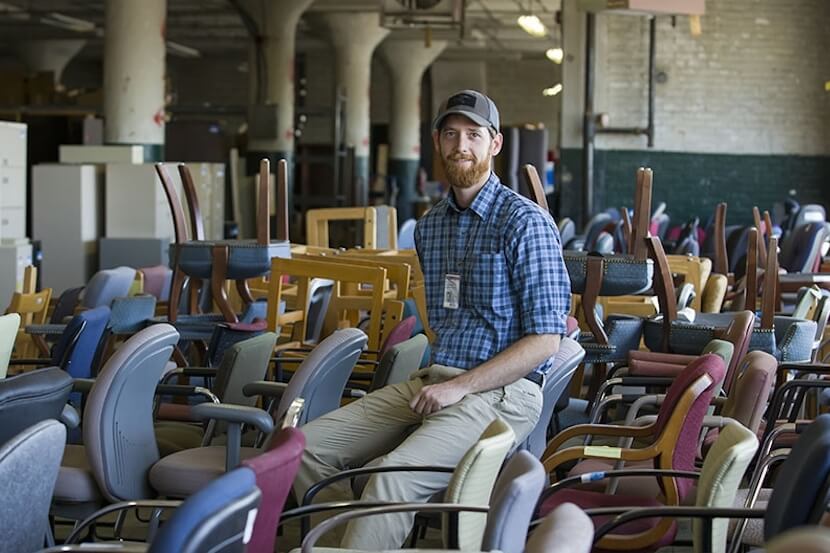-
Flushing Your Contact Lenses Is Killing the Environment
There has been a lot of publicity surrounding the ill-effects of single-use plastics on the environment, but now the finger is pointed at a new pollutant — contact lenses. Researchers from Arizona State University (ASU) have determined that flushing or throwing contact lenses down the drain is harming animals, humans and the environment. If lenses… Read More
-
New Catalyst for ‘Green’ Plastic Production
A team of chemists from Ruhr-Universität Bochum (RUB), a German university, has developed a cheap catalyst for the production of ‘greener’ plastic. This development could push forward PEF (polyethylene 2,5-furandicarboxylate) plastic as a sustainable alternative to PET (polyethylene terephthalate), the common fossil-fuel based plastic used to make water bottles, soda containers and more. Additionally, hydrogen… Read More
-
The Global Push to Eliminate Single-Use Plastics
The fight to eliminate single-use plastics has gained momentum in 2018 as major corporations, including Starbucks, McDonald’s and Disney, have pledged to replace plastic straws with more sustainable products. The announcements come at a time when the environmental impact of plastic waste is increasingly hitting the mainstream. In the U.S. alone, nearly 500 million plastic… Read More
-
Material Made From Crab Shells, Trees Could Replace Plastic Packaging
An environmentally sustainable material derived from crab shells and tree fibers could replace flexible plastic packaging used to keep food fresh, according to new research from Georgia Institute of Technology. The researchers have developed a method to spray multiple layers of chitin from crab shells and cellulose from trees to form a flexible film similar… Read More
-
Re-Using Plastic to Remove Harmful Pollutants in Wastewater
A team of researchers has developed a method to re-use common plastics to break down other harmful pollutants found in wastewater. This method tackles two grave pollution issues at once: plastic pollution that threatens our ecosystems and presence of carcinogenic synthetic dyes in wastewater. The team’s method portrays how polystyrene, a plastic frequently seen in… Read More
-
Bristol University Scientists Figure Out How to Turn Beer Into Sustainable Fuel
Researchers from the University of Bristol’s School of Chemistry have successfully turned beer into sustainable gasoline using a new technology they developed. This brings them one step closer to converting ethanol, using beer as a model, into sustainable fuel on an industrial level. A commonly accepted need for sustainable alternatives to fossil fuels for gasoline… Read More
-
Universities Diving Into Dumpsters to Advance Sustainability Goals
Sorting through waste is not an appealing task, but more and more universities across the country are conducting campus waste audits to advance their zero waste goals. Waste audits help universities determine how much waste could have been recycled, composted, or reused and also create a baseline for comparison from one waste audit to the… Read More
-
How The New School Is Advancing NYC’s ‘Green’ Efforts
The New School, located in the heart of Manhattan, is taking groundbreaking steps to advance environmental sustainability efforts in New York City. The university has constructed a 16-story LEED Gold certified University Center, served as the only college or university participant in the first ever NYC Zero Waste Challenge, and divested entirely from fossil fuels.… Read More
-
George Washington University Student Creates ‘Save A Million’ Campaign
The Student Association (SA) at The George Washington University (GW) has launched a campaign to save 1 million pieces of paper by next summer at the behest of Logan Malik, a senior and SA’s director of sustainability policy. The campaign kicked off on September 10, and will run through June 2018. The “Save a Million”… Read More
-
Going Green All the Way at Missouri State University
In 2016, Missouri State University (MSU) introduced a handful of convenient and environmentally-friendly vertical food growing systems called ZipGrow Towers to its dining services. Since then, the university has expanded the program and created a “grow room” to house the 48 systems currently in place. This revolutionary growing and harvesting practice enables MSU’s dining services… Read More
-
University of Michigan Researchers Develop Heat-Conducting Plastic That Could Have Major Technological Impact
A team of researchers at the University of Michigan (UM) have developed a technique to alter the molecular structures of plastics, or polymers, to make them more conducive to heat. Unlike traditional methods, this new technique of helping plastic throw off heat is inexpensive and scalable. This innovation holds great promise for engineering fields in… Read More
-
Dartmouth College Student Introduces Campus Green2Go Food Takeout Program to Help Sustainability
Takeout meals are becoming increasingly popular and more common in college campuses where students rush from one class to the next with just minutes to eat in between. Even when their long days are over, many students find themselves eating in their dorms or on their campus quads. At Dartmouth College, Madison Sabol, a rising… Read More
-
Penn State University Researcher Helps Beaver Stadium and Other Sports Venues Reduce Waste
Penn State University’s Beaver Stadium, home to the Nittany Lions football team, is the second largest university stadium in the U.S. It hosts seven home games each year with attendance for each game reaching anywhere from 110,000 to 150,000. Imagine the waste generated in the stadium and the surrounding parking lots, which together occupy 110… Read More
-
Unity College Dining Services Wins Sustainability Award for Zero-Waste Efforts
Unity College prides itself on being America’s Environmental College, and its many sustainability projects, including its quick transition to zero waste in its dining and catering facilities, supports that assertion. The college’s efforts to have zero waste in its dining and catering facilities were rewarded when Dining Services recently won the gold Sustainability Award in… Read More
-
Temple University Helps the Cause of Sustainability with Surplus Program
In 2014, Americans generated about 258 million tons of municipal solid waste, which is defined by the U.S. Environmental Protection Agency to exclude industrial, hazardous and construction waste. That translates to each person producing 4.4 pounds of trash per day. That’s a lot of trash! More than half of the trash generated is either incinerated… Read More




